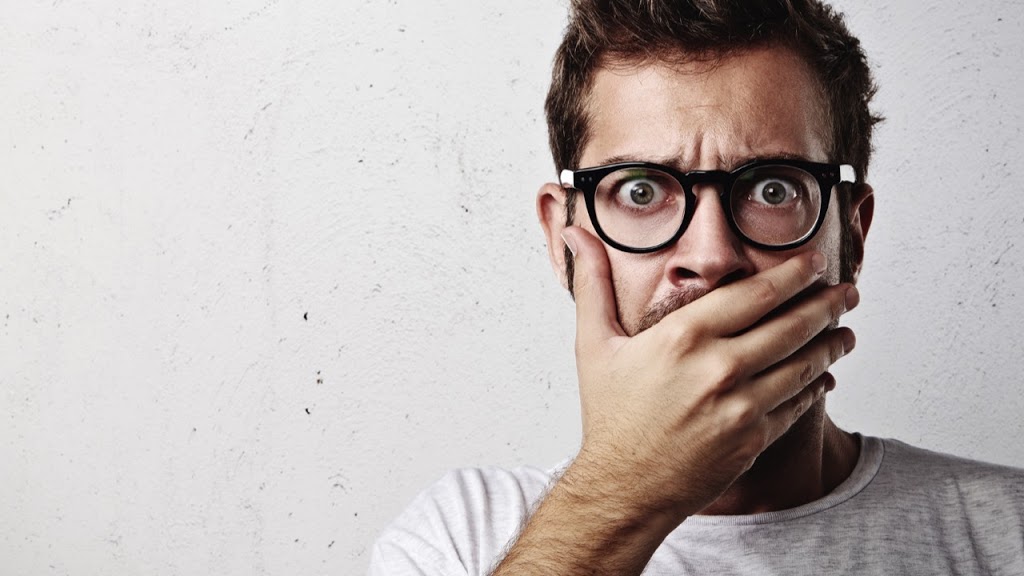
A Call for Dialogue: Violence Against Future Doctors in Morocco
The recent brutal crackdown on a peaceful protest by medical students in Rabat highlights the ongoing struggle for educational reform in Morocco. The violence perpetrated by authorities against those who are meant to be the future healers of our beloved country reflects a deeper crisis within our educational and political systems.
The National Commission of Medical, Pharmaceutical, and Dental Students labeled the government’s actions as a “brutal assault.” Such measures not only violate the principles of peaceful protest but also undermine the confidence that these students—and, by extension, the entire medical community—are supposed to have in our government.
For nearly ten months, Moroccan medical students have expressed legitimate concerns about the quality of training and the management of internships in hospitals, just to name a few. Their criticisms are not strictly academic; they touch on the very future of healthcare in Morocco. However, the government’s response to the student movement has been one of repression and silencing.
This approach is highly ineffective, as it fails to address the core issues and only widens the gap between students and the government. The calls for change from these young doctors deserve to be heard with open ears and a genuine willingness to engage in dialogue, rather than being met with batons and arrests. Effective leadership involves listening and adapting, not resorting to brute force.
This situation reminds me of an article I wrote in 2017, which highlighted similar brutality when aspiring teachers were beaten by authorities simply for advocating for their rights. While the details differ, the paths they both have traveled are strikingly familiar. Whether it’s medical students or future teachers, both groups sought to express their legitimate concerns but faced violent repression instead of respectful dialogue. This creates a self-perpetuating cycle of violence against anyone who dares to voice their grievances.
The arrest and prosecution of medical students raise immediate concerns about the broader implications for civil liberties in Morocco. Freedom of expression and the right to peaceful protest are constitutional rights afforded to every Moroccan citizen. Violating these rights sets a dangerous precedent for medical students and all citizens seeking to advocate for change.
As the Ministry of Higher Education steps in, promising to restore normal operations and review punitive measures against students, genuine dialogue must occur regarding their concerns. The path forward must involve collaboration among all parties—students, faculty, and government officials—in a cooperative effort to reform medical education. This collaborative approach should aim to meet the needs of both future doctors and the communities they will serve.
The incident in Rabat serves as a wake-up call for the urgent need for dialogue and reforms within Morocco’s educational system. The voices of future healthcare professionals will shape the future of our health system. Authorities must listen, engage, and respond with empathy and understanding. Only then can we begin to build a better future for our nation, as education and healthcare are the cornerstones of a thriving society.




